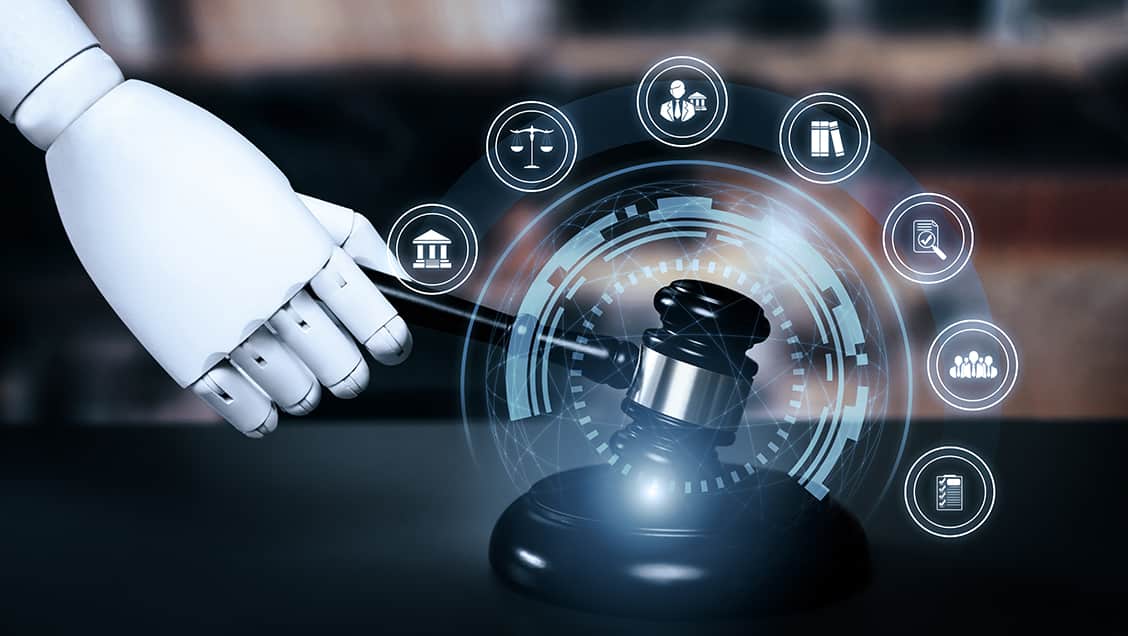The Rise of AI Regulation

AI isn't leaving. We need to get used to that and that isn't inherently a bad thing either. It is completely understandable to be wary of it and to hear how it is used in some areas and be worried.
As the technology evolves, so too do the legal questions that surround it. Who is responsible when an AI makes a mistake? Can an AI own copyright to a piece of music it generates? How should governments balance innovation with public safety? These are not abstract debates.
They are real issues being raised in courtrooms and parliaments around the world. However, they signal one thing clearly:
Lawyers will play a central role in shaping the future of AI.
Why AI Regulation Matters
The European Union recently passed the EU AI Act, the world’s first comprehensive AI law. It categorizes AI systems according to their risk and imposes strict requirements on high-risk applications, such as facial recognition. In the United States, copyright offices are grappling with whether AI-generated works can be protected.
Here in Malaysia, discussions are underway about data privacy, algorithmic accountability, and the need for frameworks to ensure responsible AI adoption. Many of which are held in campuses such as BAC's PJ campus.
These developments are evidence of a growing legal frontier. Regulators, companies, and even individuals will need guidance on how to navigate these new rules. That guidance will come from lawyers who understand both the traditional foundations of law and the fast-moving world of technology.
Opportunities for Future Lawyers
For law students, this shift is good news. Rather than reducing demand for legal expertise, AI is expanding it. Businesses need legal counsel on data governance, intellectual property, and liability. Governments need specialists to draft policies that balance tech innovation with fairness. International organisations require advisors to ensure AI rules are consistent across borders.
In short, AI is creating a demand for new legal niches. These range from technology law and data privacy to ethics and human rights in the digital age. For those willing to specialise, this could mean exciting career opportunities both locally and globally.
What This Means for You
If you are a law student today, this rise in AI regulation is an indicator that your career is not limited to traditional courtrooms or corporate firms. You could find yourself advising on cutting-edge issues that affect millions, drafting policies that shape this new industrial revolution, or even helping design legal frameworks for technologies that do not yet exist.
The legal profession is evolving, and those who embrace change will lead it. Choosing the right institution, one that prepares you not only in legal fundamentals but also in adapting to these new challenges, is the first step to equipping you to be ready for this future.


